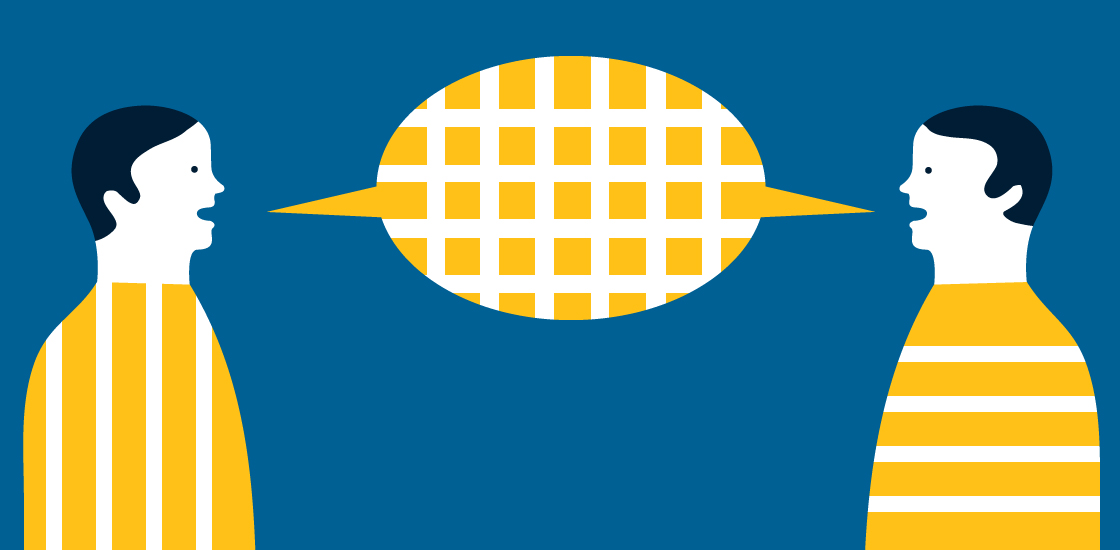THIS ARTICLE IS MORE THAN FIVE YEARS OLD
This article is more than five years old. Autism research — and science in general — is constantly evolving, so older articles may contain information or theories that have been reevaluated since their original publication date.
“Fear, in any form or degree, is not conducive to the growth and dissemination of science.”
Koyeli Sengupta, Ummeed Child Development Center in Mumbai, India, on deciding to attend the International Meeting for Autism Research in May despite concerns about being detained at the U.S. border.
“It’s like James Bond standing in front of a machine gun. While there are a lot of bullets flying, very few are actually hitting the target.”
Stephan Sanders, University of California, San Francisco, explaining that although parents transmit more new mutations to their children as they age, the actual effect on autism risk is small.
“The same treatments are making the girls much meaner. They’re exerting more dominance behavior, so then the males say, ‘Jesus, I better steer clear from that crazy lady.’”
Yaoguang Jiang, University of Pennsylvania, about the surprising effects of oxytocin and vasopressin on female monkeys. Both hormones are being investigated as treatments for autism.
“I think it’s great that this group of researchers took the trouble, actually, to publicly acknowledge that their previous publication might have been suboptimal.”
Dorret Boomsma, Vrije Universiteit Amsterdam, in praise of researchers who reanalyzed data from their 2014 study, bringing their estimate of autism’s heritability from 50 percent to 83 percent.
“I can describe the situation at Punta Santiago and Cayo Santiago as catastrophic, total destruction, devastating and apocalyptic.”
Angelina Ruiz Lambides, University of Puerto Rico, after Hurricane Maria leveled the island of Cayo Santiago, which houses a monkey colony important for autism research.
“After 4,000 years of humans taking cannabis for epilepsy, we have scientific evidence it works.”
Orrin Devinsky, Harvard University, on results from his team’s late-stage clinical trial of cannabidiol to treat Dravet syndrome.
“Should you be selling your house to pay for this extraordinarily expensive program?”
Catherine Lord Center for Autism and the Developing Brain, about Son-Rise, an unproven autism treatment program that can cost as much as $18,000 per course.
“Gene therapy has gone from being something people talked about with a shrug for decades to being something people are really excited about now.”
Adrian Bird, University of Edinburgh, after his team successfully treated a Rett syndrome mouse model by injecting the mice with a fragment of the MECP2 gene.
“When we looked at the analysis, I nearly fell off my chair.”
John McGrath Aarhus University, about his team’s finding that women who have low levels of vitamin D during pregnancy more than double their child’s risk of autism.

By joining the discussion, you agree to our privacy policy.